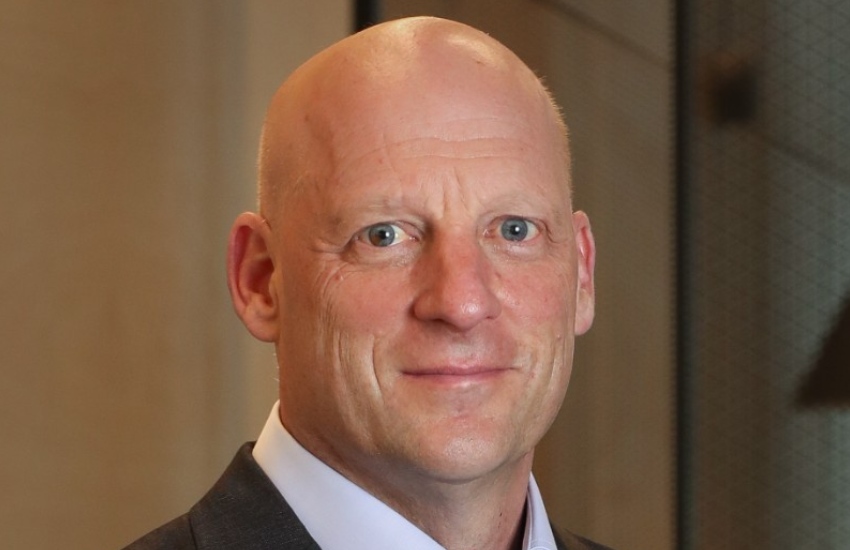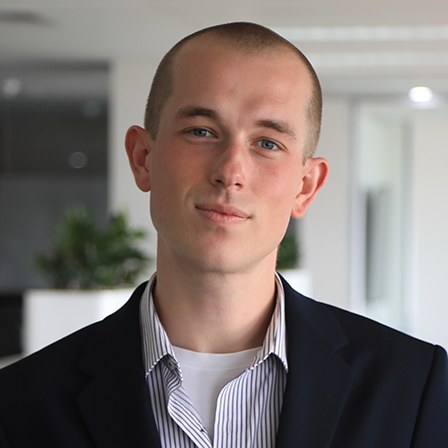Deloitte scraps partner retirement cap
BusinessThe big four firm has become the latest to do away with its informal retirement age policy, after its chief executive told staff they would no longer be expected to retire once they turn 62.

Deloitte Australia chief executive Adam Powick told the firm’s partnership last week that partner succession will in future be handled on a case-by-case basis, doing away with a long-standing informal expectation that partners retire once they reach the age of 62.
The firm has become the latest of the big four firms to drop its forced retirement policy, after KPMG in March announced changes to its partnership agreement that would see its expected retirement age of 58 scrapped. EY, too, announced that it would ditch its forced retirement age of 60 in July last year.
Mr Powick said the firm will no longer have either a formal or informal retirement age policy in place.
“I made a clear statement this week to partners, saying that there is no age-based requirement for partner retirement — formally or informally,” Mr Powick told The Australian.
“Historically, it was a different world, and we did have an understanding that partners would retire at 62. That understanding is no longer in place and that is the point we want to be very clear about.”
The controversial informal policy has attracted mounting criticism in recent years, symbolised by an age discrimination case brought against Deloitte by former partner Colin Brown last year for claims the firm tried to force him out of his partnership once he reached the age of 62.
Mr Brown, 64, who was seeking $3.8 million in compensation on grounds that Deloitte never informed him about its alleged retirement policy when he joined the firm’s Mongolian outfit in 2014, agreed to a settlement with the firm in June. Details of the settlement were not disclosed.
Mr Powick said the move was one made to bring forward conversations about partner succession in a bid to make a partner’s future at the firm clearer.
“Our philosophy moving forward is much more of having early open, transparent and constructive discussions about our career plans for the next three to five years,” Mr Powick said.
“And, if retirement is part of those plans, to flag that in a very timely and open way so that we can constructively work through this process with our partners. We were typically having those conversations later in one’s career, but we should be having those conversations continuously.”
It’s a similar approach to that taken by EY Oceania, whose then-chief executive Tony Johnson said the changes there were made in a bid to optimise the firm’s capabilities and to improve succession planning.
At KPMG, the decision to scrap similar policies and expectations came as a result of shifting partner expectations, and fairness. KPMG Australia chairman Alison Kitchen said in March that the shape of the firm’s partnership was changing, and that most wanted to work longer.
“The board was explicit that we needed to change,” Ms Kitchen said. “The shape of the partnership is changing, with many partners joining from outside the firm, or from within but later in their careers.
“In considering our approach to the review of voluntary retirement provisions, fairness was an underlying principle, together with competitiveness to recruit and retain the best talent, and alignment to community expectations.
“The changes are in the best interests of both existing and future partners, and strengthen our firm over the long term.”
Looking forward, Mr Powick said that, at Deloitte, conversations will now be geared towards the next step of their career.
“Historically, a number of our partners would seek to become board members upon retirement,” Mr Powick said. “Nowadays, partners are seeking a broader set of roles: they are going to academia, they’re wanting to play entrepreneurial roles with start-ups.
“We’re also wanting to create options for partners so they can play different roles in the firm at the end of their career. They don’t have to play senior executive roles — they can play mentoring roles, they can play eminence roles.”




